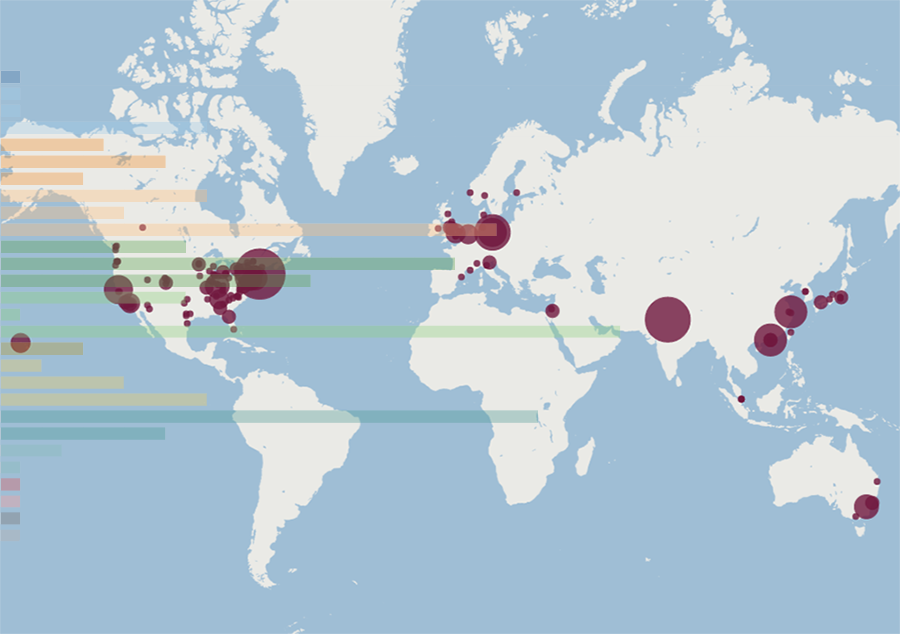
Virtual Roundtable:
The “Rebirth” of Japanese Studies
Due to the COVID-19 outbreak, the Association for Asian Studies (AAS) 2020 conference was cancelled. I organized the roundtable session on The “Rebirth” of Japanese Studies, which participants looked forward to as a way to prompt important conversations on the state of the Japan Studies field at present as well as its future directions. These dialogues are urgent perhaps now more than ever.
I have made this page as a sort of “virtual roundtable” that showcases comments from some of the original discussants. It also provides a space for responses from and engagement with others in the field. As is explained in further detail below, written submissions on the roundtable’s topics will be allowed for 2-3 limited periods and posted publicly. Although we cannot recreate the dynamic environment of face-to-face discussion, I hope that through this platform and digital engagement we can contribute a venue for open and equitable reflections on the state of the Japan Studies field. At the same time, these pages present a record of thoughts and ideas about our present moment while suggesting ways Japan Studies can productively move forward as a community. To read a more in-depth explanation of the roundtable’s origins and goals, please see “Embracing the Rebirth of Japanese Studies” on the Association for Asian Studies’ #AsiaNow blog.
The original participants and abstract are as follows:
Organizer: Paula R. Curtis (Yale University)
Chair: Laura Miller (University of Missouri-St. Louis)
Discussants:
- Ioannis Gaitanidis (Chiba University, Japan)
- Melinda Landeck (Austin College)
- Mark Pendleton (University of Sheffield, United Kingdom)
- Takeshi Watanabe (Wesleyan University)
- Christina Yi (University of British Columbia, Canada)
Abstract:
Out of respect for the current challenges many are facing in a time of global pandemic, it was not required for all participants to provide their original statements for the roundtable. Those who were able to contribute are provided below. Some writers chose to preserve the comments originally prepared for AAS and append further reflections in the post-COVID-19 environment, while others addressed our changed circumstances throughout their statement. Readers may also be interested in my compilation of data for the academic year 2019-2020’s job market as it pertains to Japan and East Asia.
Click on each of the buttons below to view individual discussant comments and rounds of participant responses. Click the darker “How to Submit a Response” button to view the instructions that were given for composing a statement to the virtual roundtable. A form for feedback on the roundtable has also been provided.
Laura Miller Ioannis Gaitanidis Melinda Landeck Mark Pendleton Takeshi Watanabe
How to Submit a Response
To cite individual author pages above, you may use the following format:
Author Last Name, Author First Name. "Page Title." Virtual Roundtable: The “Rebirth” of Japanese Studies, Paula R. Curtis, 2020. Link